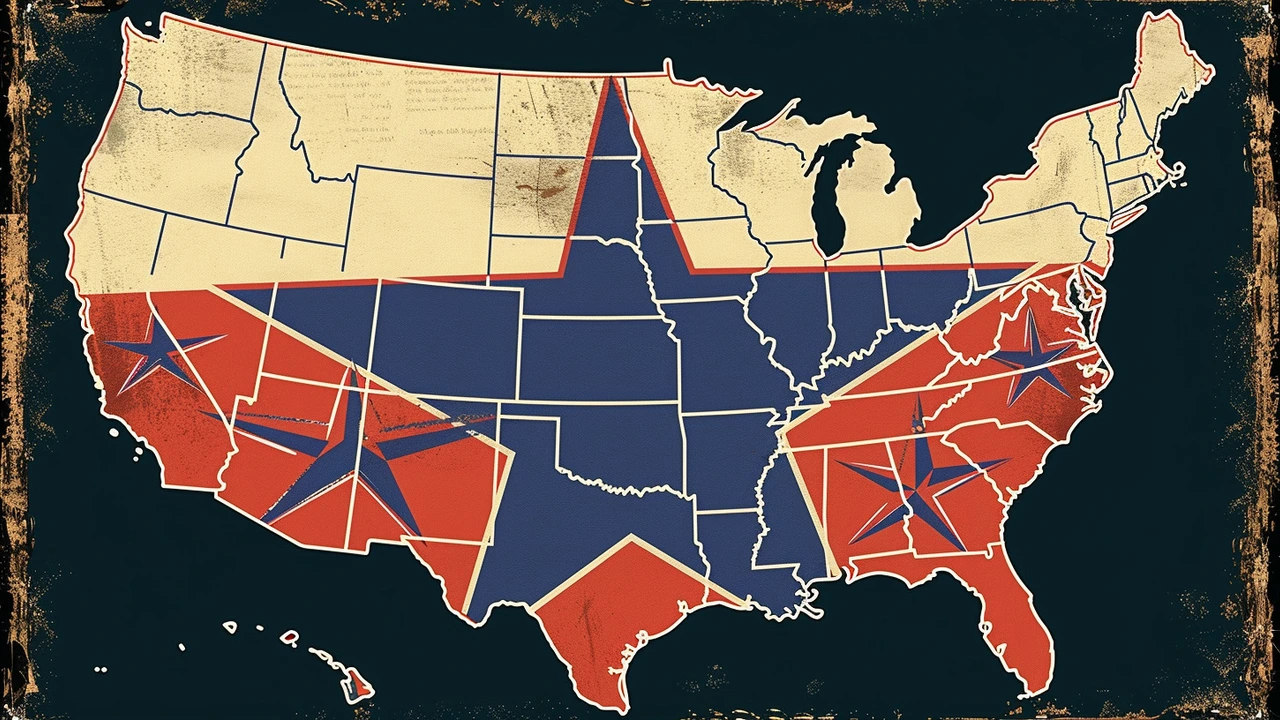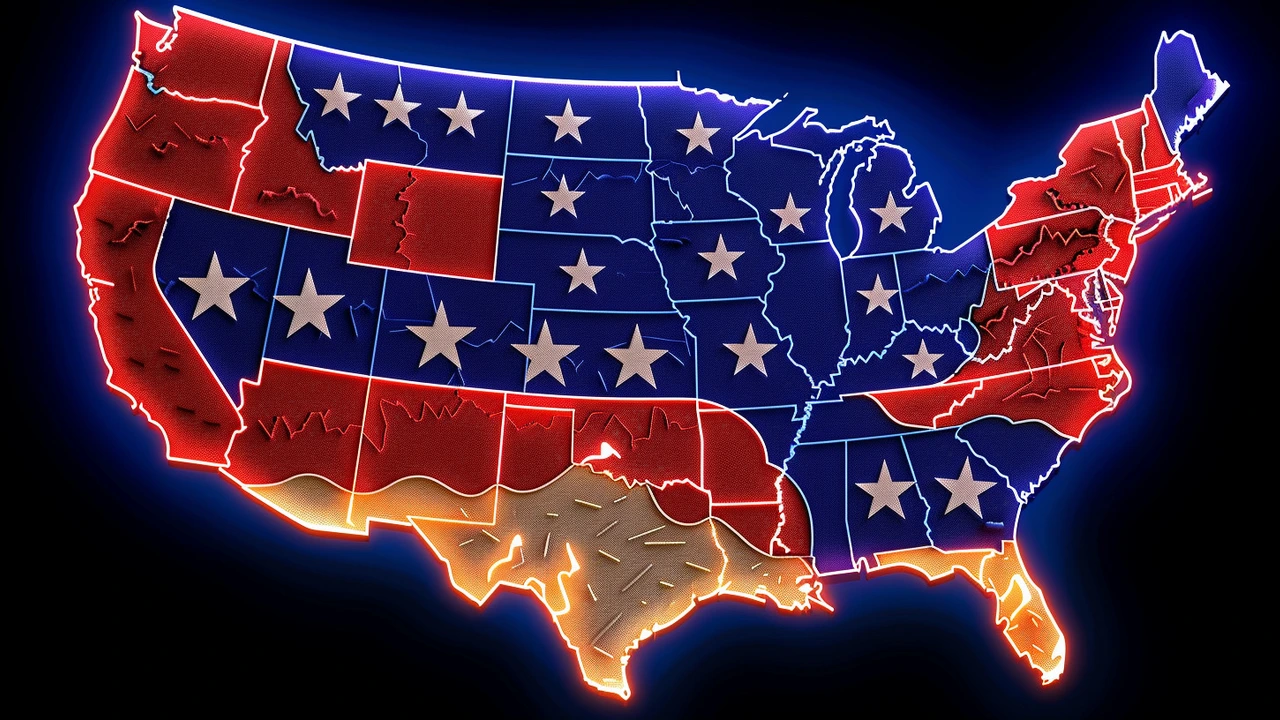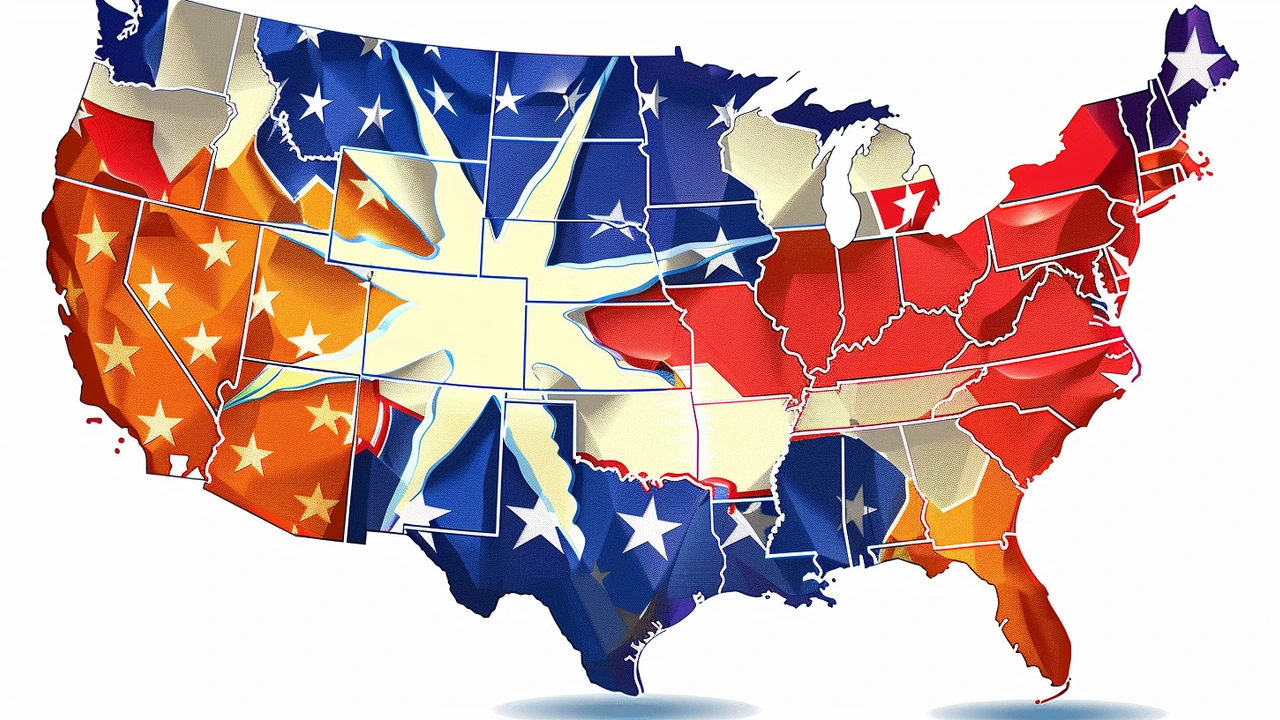Juneteenth, celebrated on June 19th, marks a critical date in American history when news of freedom finally reached enslaved African Americans in Galveston, Texas, more than two years after the Emancipation Proclamation. This commemoration of Black perseverance and liberation is not only a time for celebration but also a golden opportunity to reshape the way we teach about slavery, Black resistance, and American history in our educational institutions.
The expansion of Juneteenth into educational curricula serves as a powerful tool for imparting a comprehensive understanding of America's complex history. Raphael E. Rogers, a prominent historian specializing in teaching about slavery in K-12 classrooms, underscores the dire need to transcend the often narrow focus on the brutal conditions of slavery. For Rogers, it's vital to spotlight the stories of Black freedom fighters who risked and, in many cases, sacrificed their lives in the quest for liberty. This approach does more than recount the atrocities; it inspires and educates by celebrating the unyielding spirit of those who resisted oppression.
Rogers’s interest in the subject is partly personal. He recalls his own education about slavery in the Caribbean, where the curriculum did not solely fixate on suffering but also highlighted cultural pride and the heroic sacrifices made by Black people in their fight for freedom. This different angle, Rogers argues, should be incorporated into the American educational framework to provide a more rounded, empowering narrative to students, particularly Black students who need to see their history as one of resilience and achievement.
Starting Early: Fostering a Sense of Pride
One of the first steps Rogers suggests is to introduce the concepts of Black culture, achievements, and resistance early in a child’s education. It's imperative for young minds to understand the rich tapestry of Black contributions to society well before they delve into the grim realities of slavery. By focusing on cultural achievements, such as music, art, literature, and scientific innovations made by African Americans, educators can build a foundation of pride and self-worth among Black students while fostering respect and admiration in their peers.
Rogers contends that starting education about Black history with instances of resistance and community building—like the underground railroad, led by the indomitable Harriet Tubman, or the impassioned oratory and abolitionist activities of Frederick Douglass—can help students recognize that Black history is not defined by subjugation but by a relentless quest for freedom and equality. These lessons can also be enriched by focusing on lesser-known yet equally significant figures and events, thereby providing a fuller picture of Black resilience.

Contemporary Connections: Relevance to Today’s Social Movements
Teachers and educators can utilize Juneteenth lessons to draw connections between historical struggles for freedom and contemporary demands for racial justice. Highlighting parallels between the abolitionist movements of the 19th century and the modern-day Black Lives Matter movement can foster a deeper understanding of systemic racism. Rogers mentions that by addressing these connections, students can appreciate the ongoing efforts toward social equity and be inspired to participate in the activism and advocacy that is still crucial today.
The incorporation of multimedia resources, such as films, documentaries, and interactive exhibits, can further engage students and bring these historical and contemporary narratives to life. Accounts from present-day activists juxtaposed with historical figures can make the learning experience more relatable and impactful.

Guidance from the National Museum of African American History
To aid educators in this endeavor, the National Museum of African American History has developed a comprehensive guide that recommends introducing the concept of slavery to young children with an emphasis on resilience and joy. This guideline is instrumental in ensuring that early educational experiences regarding slavery are framed in a way that acknowledges the pain while also celebrating the strength and enduring spirit of Black people.
The guide suggests activities and discussions that highlight resilience, such as talking about survival strategies and community solidarity among enslaved peoples. It also encourages the use of age-appropriate stories and books that depict slavery from a perspective of hope and triumph, ensuring even the youngest students grasp the significance of Juneteenth while feeling a sense of empowerment rather than despair.
In Practice: Practical Steps for Teachers
For educators looking to implement these recommendations, there are several practical steps that can be taken. Firstly, consider integrating Juneteenth into the broader history curriculum rather than relegating it to a single day or week. This inclusion allows for a continuous exploration of Black history and contributions throughout the school year.
Secondly, use a variety of teaching materials and methods to address different learning styles. Incorporate primary sources, like historical documents and letters, alongside modern interpretations through music, poetry, and art. Field trips to local museums and historical sites can also provide tangible connections to the material being studied.
Finally, foster an inclusive classroom environment where students feel safe to express their thoughts and ask questions. Facilitating discussions that encourage critical thinking and empathy is key to fostering a deeper understanding of the complexities surrounding slavery, resistance, and the ongoing struggle for racial equality.
By leveraging Juneteenth as a cornerstone for broader education on Black history and resilience, we not only honor those who fought for freedom in the past but also inspire future generations to continue the pursuit of justice and equality. Through informed and inclusive education, we can cultivate a society that acknowledges its history while working towards a more equitable future.


Author
Ra'eesa Moosa
I am a journalist with a keen interest in covering the intricate details of daily events across Africa. My work focuses on delivering accurate and insightful news reports. Each day, I strive to bring light to the stories that shape our continent's narrative. My passion for digging deeper into issues helps in crafting stories that not only inform but also provoke thought.